Judges
Resources: California Judicial Education Framework (CA 2022)
Judicial Council of California Center for Judicial Education & Research home page at http://www2.courtinfo.ca.gov/protem/
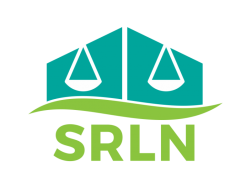
Comments: SRLN Comments to Proposed Court Rule Changes in Florida on Technology Integration (SRLN 2021)
On July 1, 2021, the Florida Supreme Court appointed Workgroup on the Continuity of Court Operations and Proceedings During and After COVID-19 filed a

Article: Faster, Cheaper & As Satisfying: An Evaluation of Alaska’s Early Resolution Triage Program (Marz 2016)
The Alaska Court System, in partnership with the Alaska Pro Bono Program, created the Early Resolution Program (ERP) to address many issues with which courts across the country are grappling: how to efficiently and effectively manage divorce and c
Judicial Resources
Judicial Resources
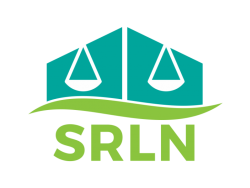
Judicial Guidance for Cases Involving Self-Represented Litigants: Bench Guides
The SRLN Administrative Office of the Courts Working Group has collected court system resources that provide guidance for judges for cases involving self-represented parties. Here is a selection of Bench Guides:
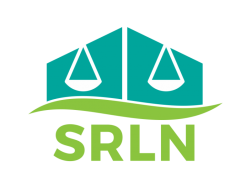
Judicial Guidance for Cases Involving Self-Represented Litigants
Judges are often unsure of how to handle cases which involve a self-represented party.
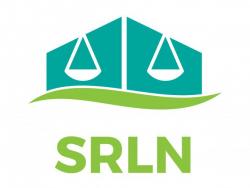
Resolution: Supporting Recognition of Chief Judge Eric T. Washington, DC Court of Appeals (2017)
Self-Represented Litigation Network
Resolution 1-2017
Supporting Recognition of Chief Judge Eric T. Washington, District of Columbia Court of Appeals
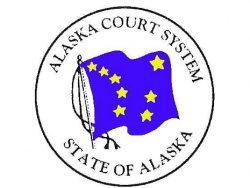
Video: Re-Imagining Family Law Procedures (Alaska 2016)
Video featuring the Honorable Vanessa White, Judge of the Superior Court at Palmer Alaska, and Stacey Marz, Director of the Alaska Court System's Self-Help Services.
Report: NCSC Judicial Conduct Reporter (Gray 2014)
This issue of the Judicial Conduct Reporter includes an indepth look at how states are addressing the ethics issues posed by sel
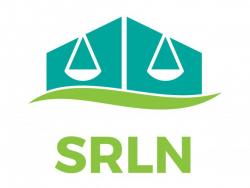
SRLN Brief: Procedural Fairness / Procedural Justice (SRLN 2015)
Research has shown that when defendants and litigants perceive the court process to be fair, they are more likely to comply with court orders and follow the law in the future—regardless of whether they “win” or “lose” their case.